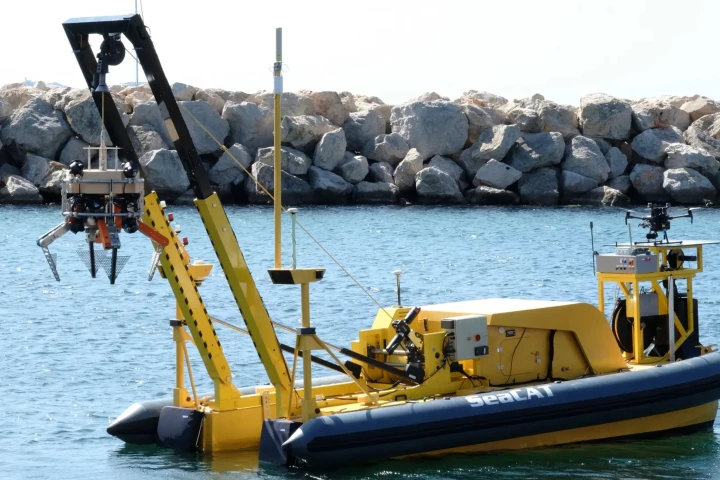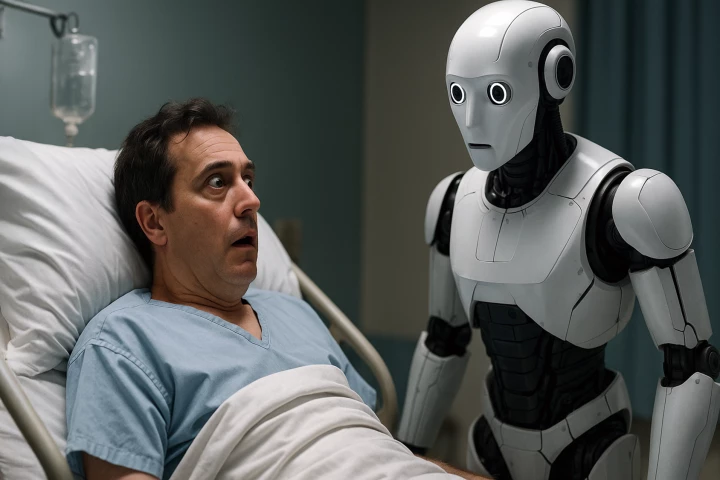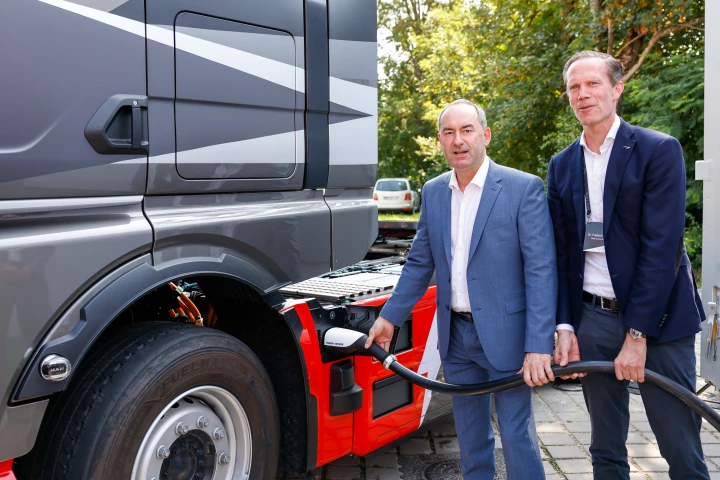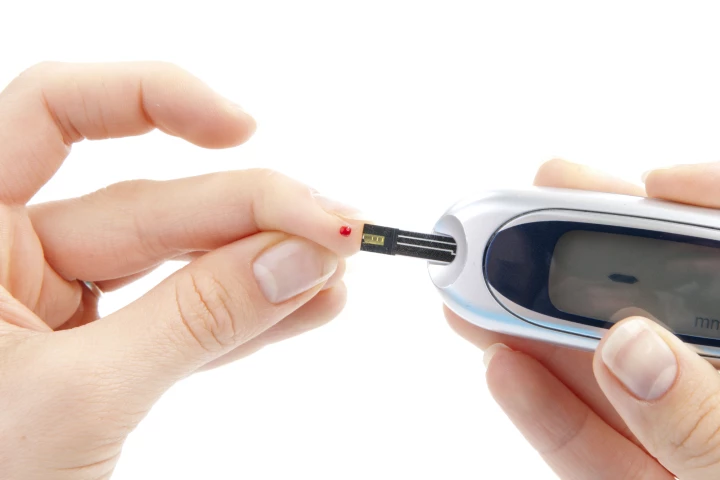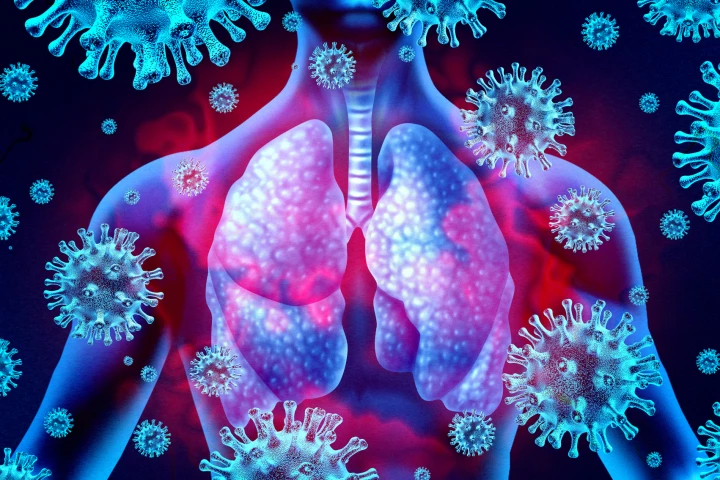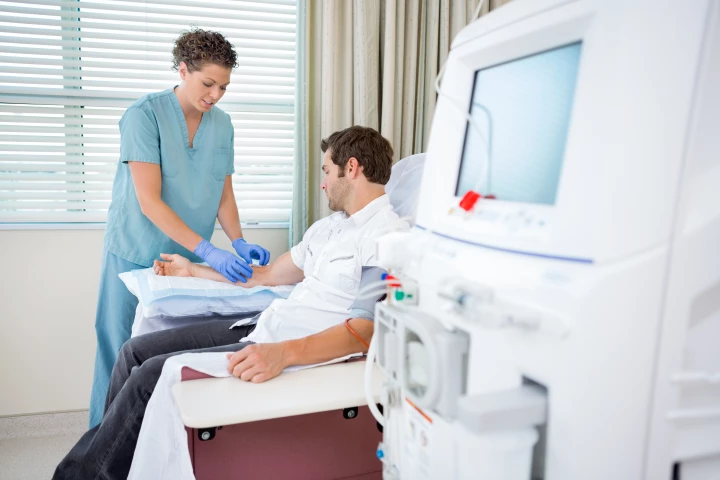Technical University Munich
-
Imagine an oversized claw machine at an arcade, but instead of trying to grab cheap toys, your prize is the assortment of waste that sinks to the bottom of the sea. That's essentially what an autonomous robot has been doing at Marseille recently.
-
Patients worldwide are cautiously optimistic about the use of AI in healthcare. Most support it as a helpful assistant, but few trust it to replace doctors, according to a new study that reveals trust, concerns, and the need for explainable AI.
-
A new soft harness system out of the Technical University of Munich works like a pair of shorts to reduce the exertion needed to walk or jog by up to 18%. The system is easy to put on and take off and holds promise for helping anyone get more mobile.
-
MAN Truck & Bus has demonstrated a megawatt charging prototype developed by the Technical University of Munich that pushed out more than 1,000 kilowatts. The 40-tonne eTruck received enough charge in 30 minutes for almost 250 miles of hauling.
-
Researchers have combined high-resolution images of blood vessels under the skin of diabetics and an AI algorithm to formulate a ‘score’ that can determine disease severity. The technique could be used to monitor the effectiveness of treatment.
-
A team of students from Technical University of Munich has set a new official bar for the longest-range electric vehicle. The team's aero-sculpted single-seat Muc022 was able to travel over 2,573 km on just one charge of its 15.5-kWh battery.
-
Researchers have developed an inhalable drug that targets the overactive white blood cells that cause lung damage during severe infection. With clinical trials due next year, it may soon be a novel treatment for COVID complications and pneumonia.
-
Nearly 560,000 Americans undergo dialysis each year, and while treatment can vastly improve quality of life, it can also contribute to worsening it. Now, a study has made the case for exercise programs to become part of the life-saving renal treatment.
-
During long-term battles with cancer or infection, immune cells can become exhausted. Now, researchers have identified a specific molecule that helps certain T cells refresh themselves, which could unlock more effective immunotherapy.
-
Researchers at the Technical University of Munich (TUM) have developed the world’s first electric nanomotors made of DNA. The self-assembling structures can be activated by an electric charge to spin a ratcheting rotor arm.
-
Powering medical implants can be tricky, but tapping into the body’s own fuel source could keep them going long-term. A new design for a tiny fuel cell converts glucose into electricity to power implants more efficiently than any other so far.
-
New research has used an in-ear sensor to monitor COVID-19 patients at home, transmitting vital signs in real-time to doctors who evaluated the need for hospital treatment, often admitting the patients before they even noticed their condition decline.
Load More
